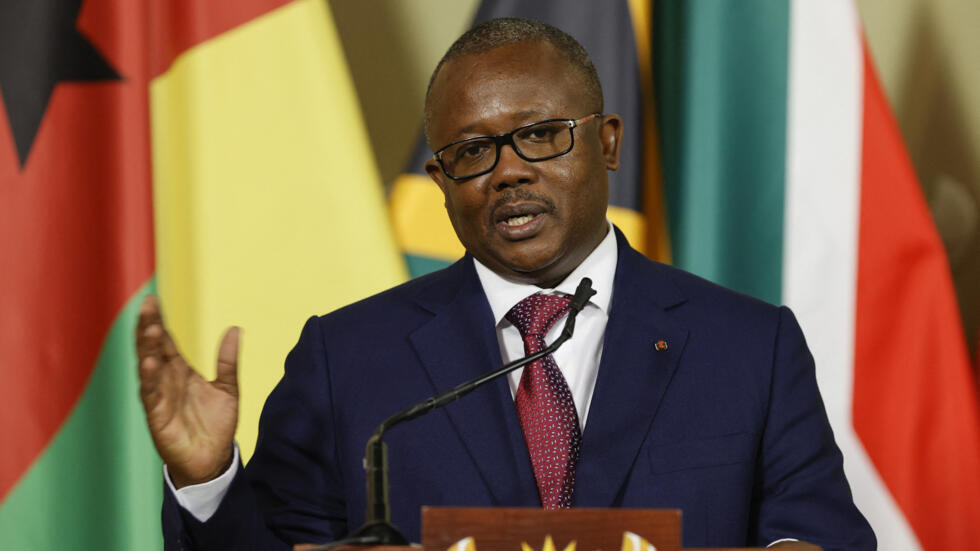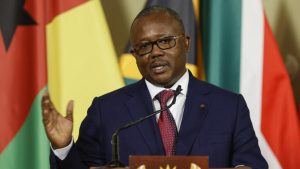
GUINEA-BISSAU PRESIDENT POSTPONES ELECTIONS INDEFINITELY

Guinea Bissau’s president on Monday officially postponed legislative elections scheduled for November 24, indefinitely prolonging the small West African country’s political limbo.
Umaro Sissoco Embalo had previously set the November 24 date after dissolving parliament in December 2023 in response to armed clashes three days earlier, which he described as an attempted coup.
But expectations had risen since last week that the vote would have to be postponed, a deferral symptomatic of the instability plaguing the poor Portuguese-speaking nation.
On November 1, the minister for territorial administration, Aristides Ocante da Silva, warned that the vote was unlikely to go ahead in the face of logistical difficulties and a lack of money.
Embalo then said Saturday that he would formalise the elections’ postponement this week.
On Monday, he canceled the decree of July 2024 that set this month’s vote, his political adviser Fernando Delfim da Silva told journalists at the presidential palace in Bissau.
But Embalo has yet to fix a new date, and Silva said the timeline would be set in a future decree.
The uncertainty surrounding the legislative elections is compounded by similar doubts over the election to replace Embalo as head of state.
A coalition formed around the African Party for the Independence of Guinea and Cape Verde (PAIGC), long opposed to the president, had held an absolute majority in parliament since elections in June 2023.
That forced Embalo into a tense “cohabitation”, with tensions between the head of state and the PAIGC’s leader complicating the path to new elections.
As one of the poorest nations in the world, Guinea Bissau has also struggled to find the money to fund the vote.
Since its independence from Portugal, the corruption-hit country has been hit with a series of coups.
Though Guinea Bissau has paved a path toward a return to constitutional order over the past decade, it continues to suffer from political turmoil.
That persisted after Embalo was elected president in December 2019 for a five-year term, while the terms of his mandate and the date of the next presidential election remain controversial.
AFP
